Meet A Deac Monday
It’s Monday, which means it’s time for another edition of Meet A Deac. Today it is my pleasure to introduce you to a faculty member, Dr. Ke Zhang-Reid from Biology.
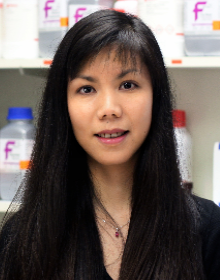 Ke, thank you for agreeing to do this! Let’s start off with a proper introduction – what is your title and how long have you been at Wake? I’m an Associate Professor in the Department of Biology and I have been at Wake since July of 2012.
Ke, thank you for agreeing to do this! Let’s start off with a proper introduction – what is your title and how long have you been at Wake? I’m an Associate Professor in the Department of Biology and I have been at Wake since July of 2012.
Tell me about your educational background. I got my Ph.D. at the University of Texas, M.D. Anderson Cancer Center, with a major in Genes and Development, and a B.S. at Wuhan University, with a major in Biochemistry.
How would you describe your job, in layperson’s terms? I teach Biochemistry, Molecular Biology, and Epigenetics courses at the undergraduate level and graduate level. I also have a research lab located at Wake Downtown. My lab studies gene expression using fission yeast as a model organism. Currently, I work with three Ph.D. students and five undergraduate students. I interact daily with students through teaching courses or mentoring their research projects/thesis.
What do you like best about working at Wake? The flexibility of my research projects and the courses I would like to teach.
Teaching and research is central to faculty members’ lives. Talk to me about any new roles/projects/challenges you’ve had to take on during COVID. I am teaching two sections of face-to-face molecular Biology lab courses this semester. To minimize contact time in the classroom, I require that students read the lab handout and pre-recorded PPT slides, watch the pre-lab video, make notes about the procedure, and complete the pre-lab assignment. Laboratory hours are dedicated to executing experiments, while data analysis is completed outside the lab. I found myself spending twice as much time preparing for the courses as the previous semesters (good old times), making pre-recorded lecture PPT and lab videos.
In addition to the course preparation time, I struggle to work with students in the laboratory classroom with social distance. It is almost unavoidable that I have to be in close proximity (within 6 feet) with my students to be able to see what is going on in their microtubes, which often contain less than 20 microliter solutions. I also found it hard to be heard by wearing double masks and a face-shield. Nevertheless, I am proud that we have managed to keep the lab courses going without the obvious in-classroom spreading of COVID. Importantly, students are taking the courses seriously and trying to cooperate with the situation.
Sounds like COVID has definitely impacted your work. Yes. My lab could not accommodate many excellent undergraduate students for research.
Speaking of students, what advice would you give them if they asked? The harder you work, the luckier you get.
[Laughs.] My late father was fond of that expression too, and you are both right! On the subject of parents and families, what advice would you have for Wake families? Once a family, always a family.
What do you miss most about normal times? The vitality of the campus.
OK – let’s go to the quick hit questions!
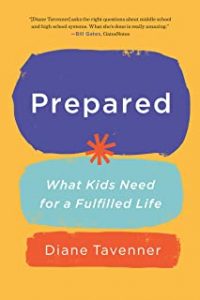 Book you are reading now: Prepared: What Kids Need for a Fulfilled Life by Diane Tavenner
Book you are reading now: Prepared: What Kids Need for a Fulfilled Life by Diane Tavenner
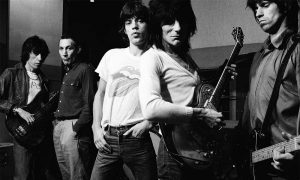 Favorite band/musician: The Rolling Stones
Favorite band/musician: The Rolling Stones
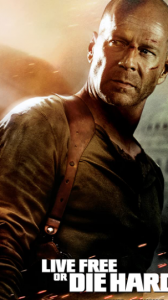 Movies/TV/Netflix, etc.: The Die Hard series
Movies/TV/Netflix, etc.: The Die Hard series
Website you frequent: Youtube
Introvert or extrovert? Introvert
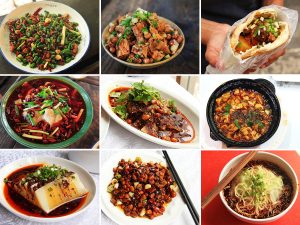 Guilty pleasure: A big meal of Sichuan style Chinese food
Guilty pleasure: A big meal of Sichuan style Chinese food
Something most people don’t know about you: I do massages and acupuncture.
What is the first thing you’ll do when the pandemic is over and we can live normal lives again? Take a trip to Utah.
Thank you so much, Ke, for sharing your story with us, and for all you do for our students and for scientific knowledge!
— by Betsy Chapman, Ph.D. (’92, MA ’94)
